
Expert witnesses have been critical to the cases I’ve worked as a cold-case detective. DNA experts, fingerprint experts, material evidence experts, behavioral science experts; these types of witnesses are often foundational to our criminal cases. But we’re always careful about how we use these kinds of witnesses in front of a jury. There are times when the expertise of these professionals has actually hindered their contribution. Sometimes experienced, highly educated forensic experts have difficulty communicating complex issues to laypeople. Don’t get me wrong, we make every effort to carefully vet our juries and we select the smartest people available, but in spite of this effort, there are still times when the science being described by the forensic expert is difficult to communicate. That’s when prosecutors have to help jurors understand what they’ve heard by translating the testimony of the expert.
It’s not unusual for prosecutors to ask a series of clarifying questions while experts are on the stand. We ask these questions to simplify the concepts for jurors who don’t have expertise in complicated forensic disciplines. During the closing arguments, prosecutors once again re-communicate the difficult, technical statements for the jury. Prosecutors translate challenging concepts, using common language, analogous illustrations and real life examples. While experts are critical to our investigations and criminal cases, they are no more important than the translators who make their testimony accessible the jury.
As a Christian Case Maker, you may not be an expert witness. You probably don’t have a doctorate in philosophy or theology, and you’re probably not teaching at a major university or presenting a paper at the annual meeting of ETS. But you may be even more important than you think. There are hundreds of men and women attending the meeting every year, but there are millions of Christians in churches across America who need these difficult concepts translated. You and I can be those translators. The Church can use a good dose of ETS thinking, but like a criminal jury, they’re going to need these concepts presented in a way that’s engaging and accessible. That’s where you and I come in. If we’re willing to engage the information seriously so we can re-communicate the concepts effectively, we’ll do a tremendous service for the Christian community. While experts (like the theologians and philosophers who attend ETS) are critical to Christianity, they are no more important than the translators who make their testimony accessible to the Christians, seekers and skeptics who make the final decision. While experts (like the theologians and philosophers) are critical to Christianity, they are no more important than the translators who make their testimony accessible. Share on X

J. Warner Wallace is a Dateline featured Cold-Case Detective, Senior Fellow at the Colson Center for Christian Worldview, Adj. Professor of Christian Apologetics at Talbot School of Theology, Biola University, author of Cold-Case Christianity, God’s Crime Scene, and Forensic Faith, and creator of the Case Makers Academy for kids.
Subscribe to J. Warner’s Daily Email






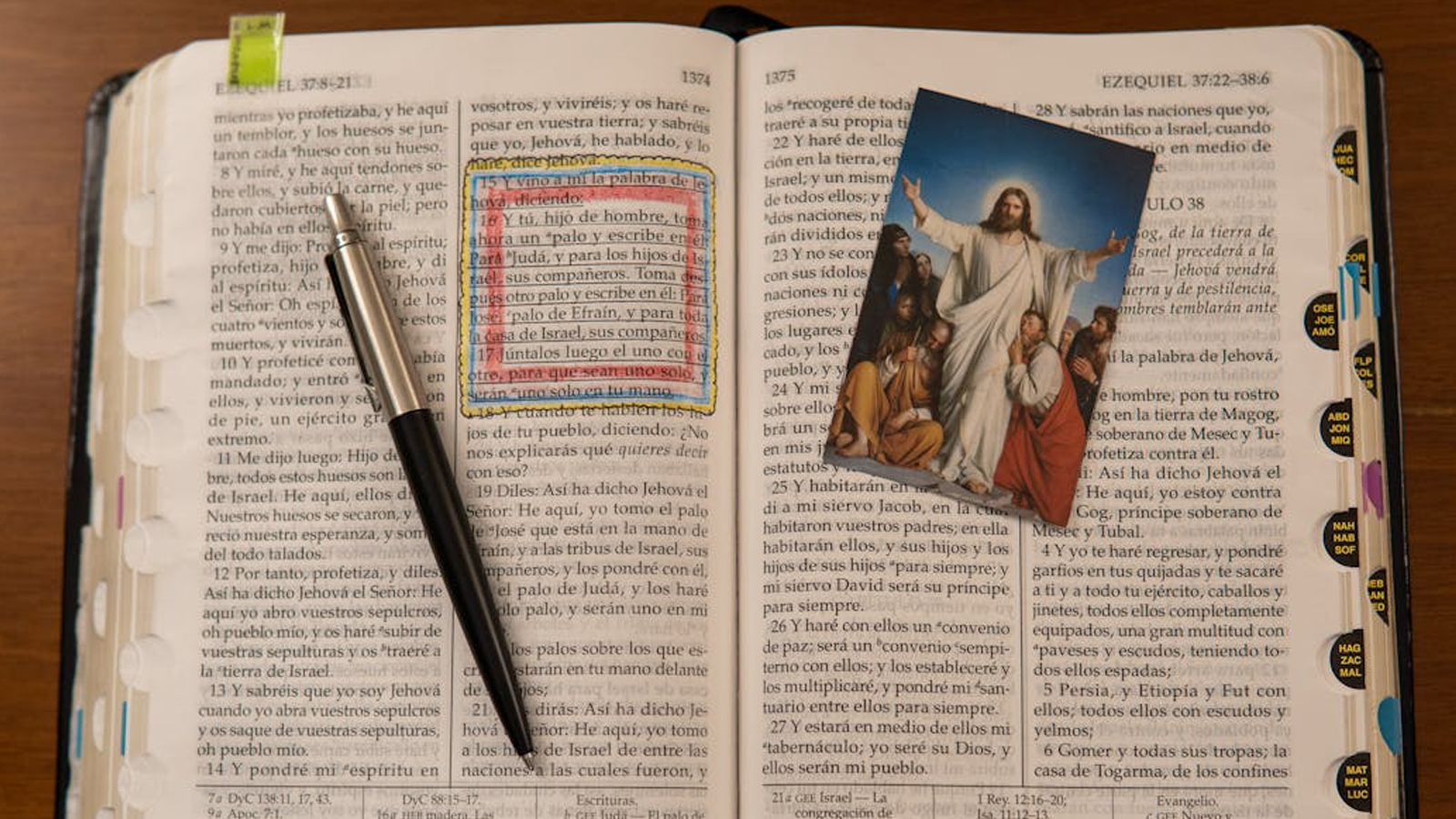


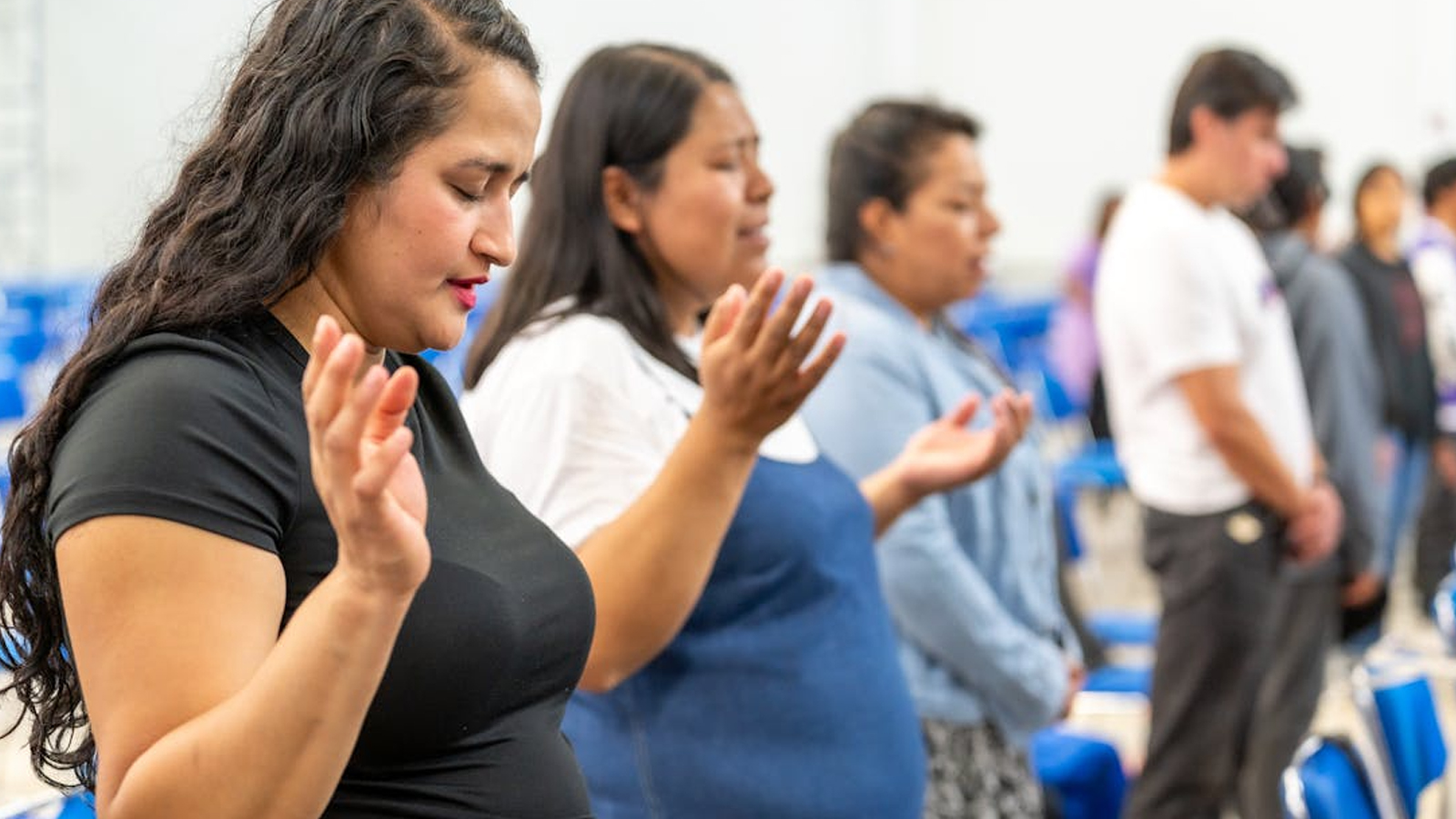
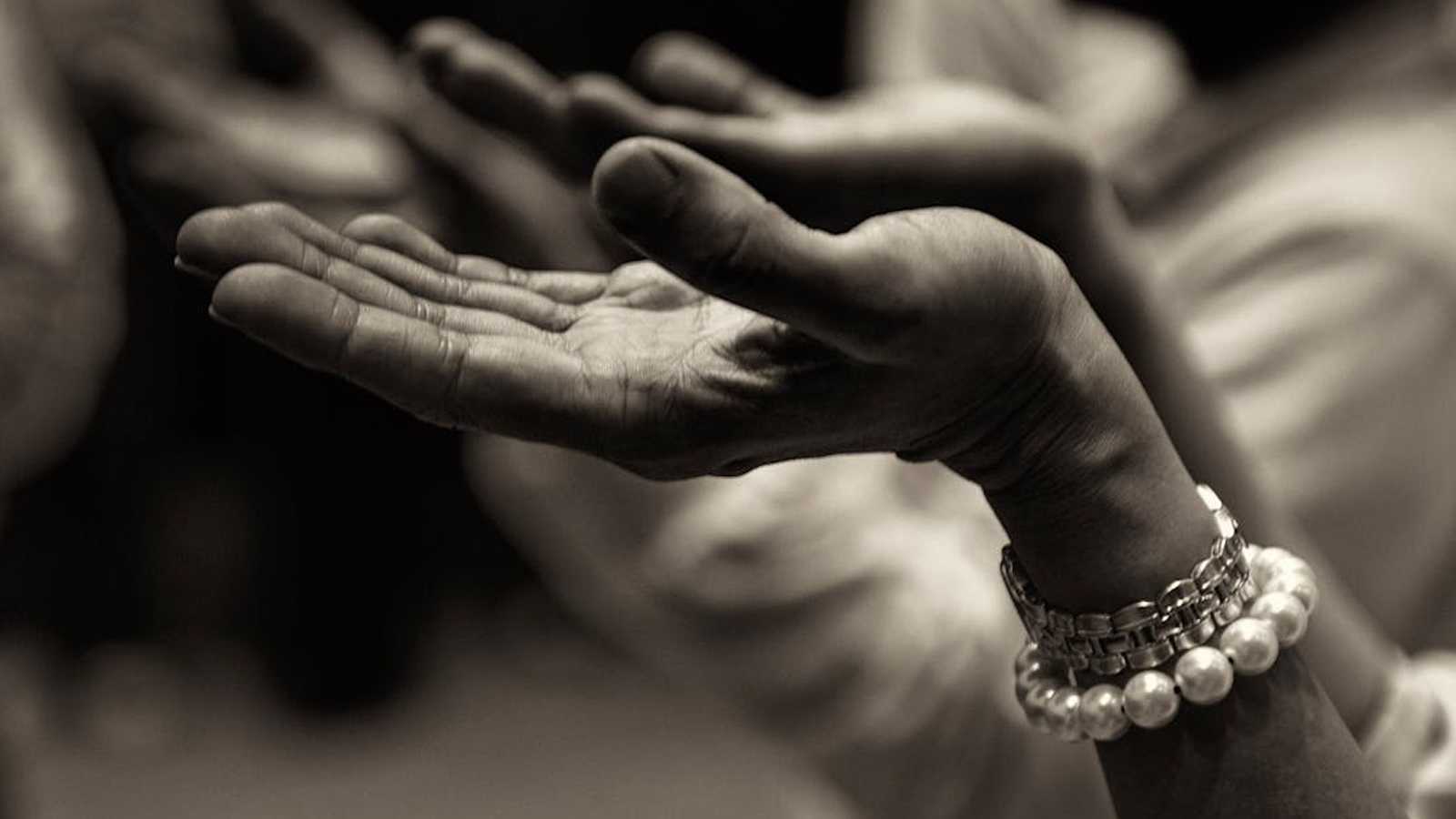

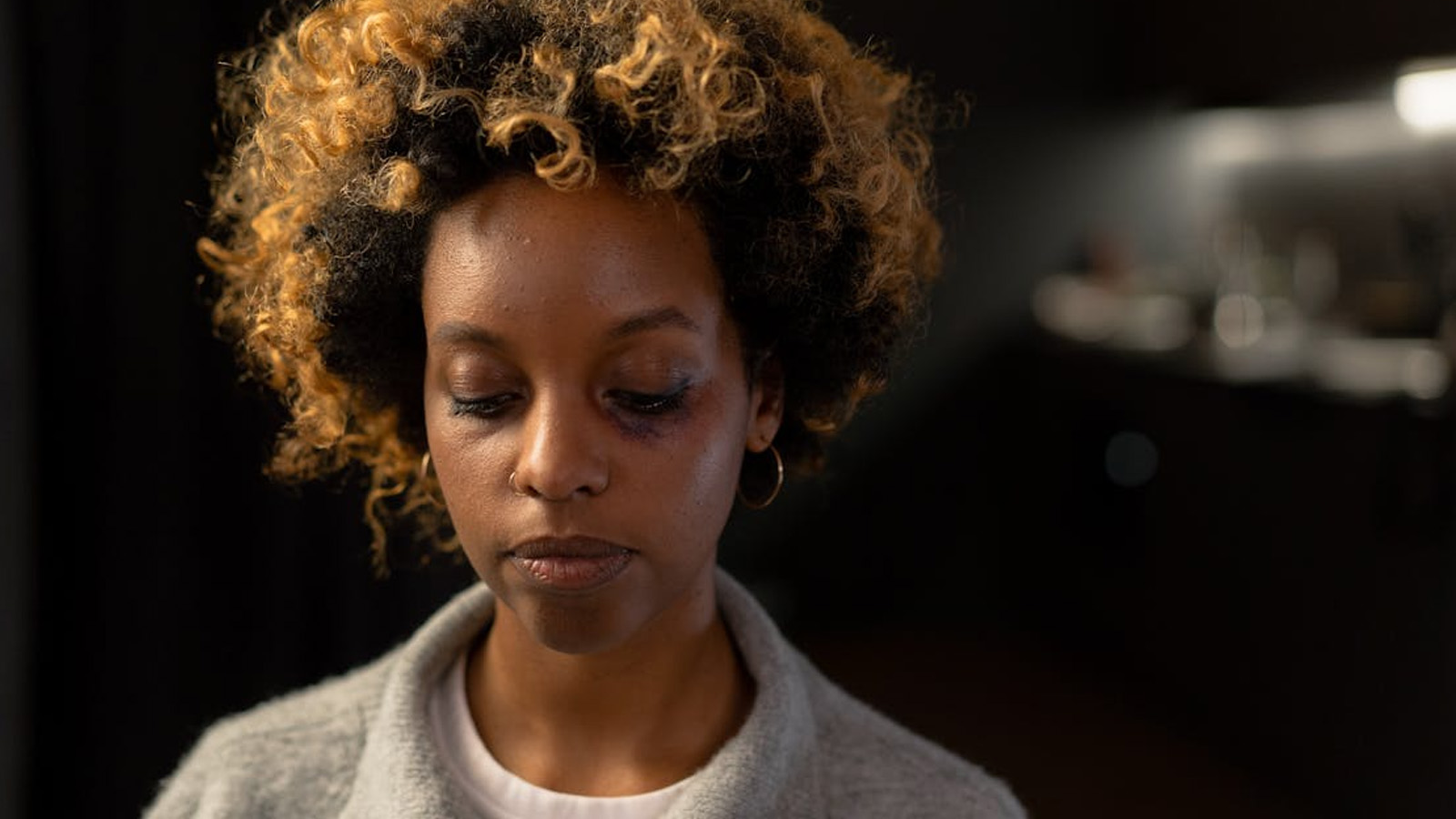



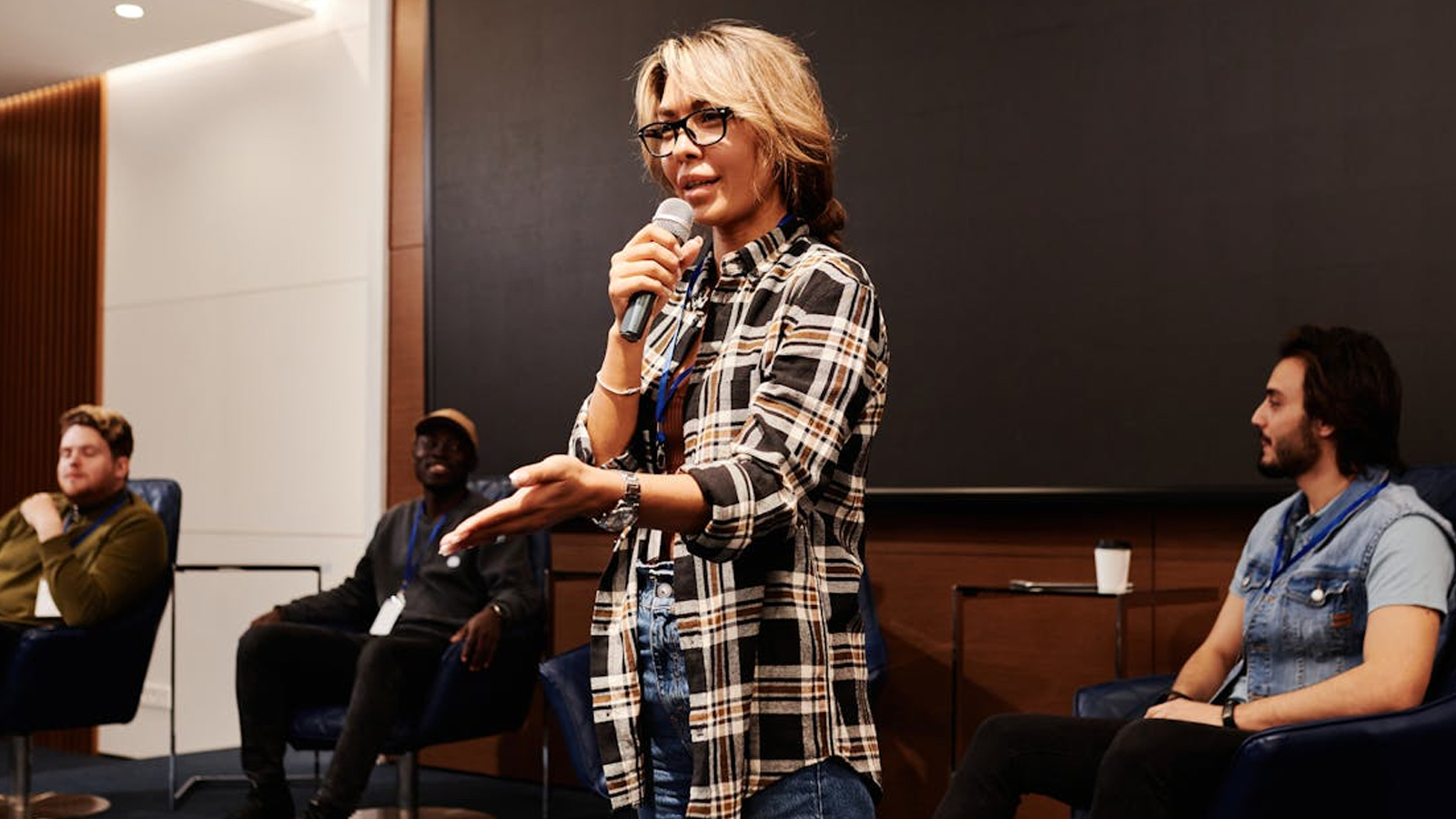
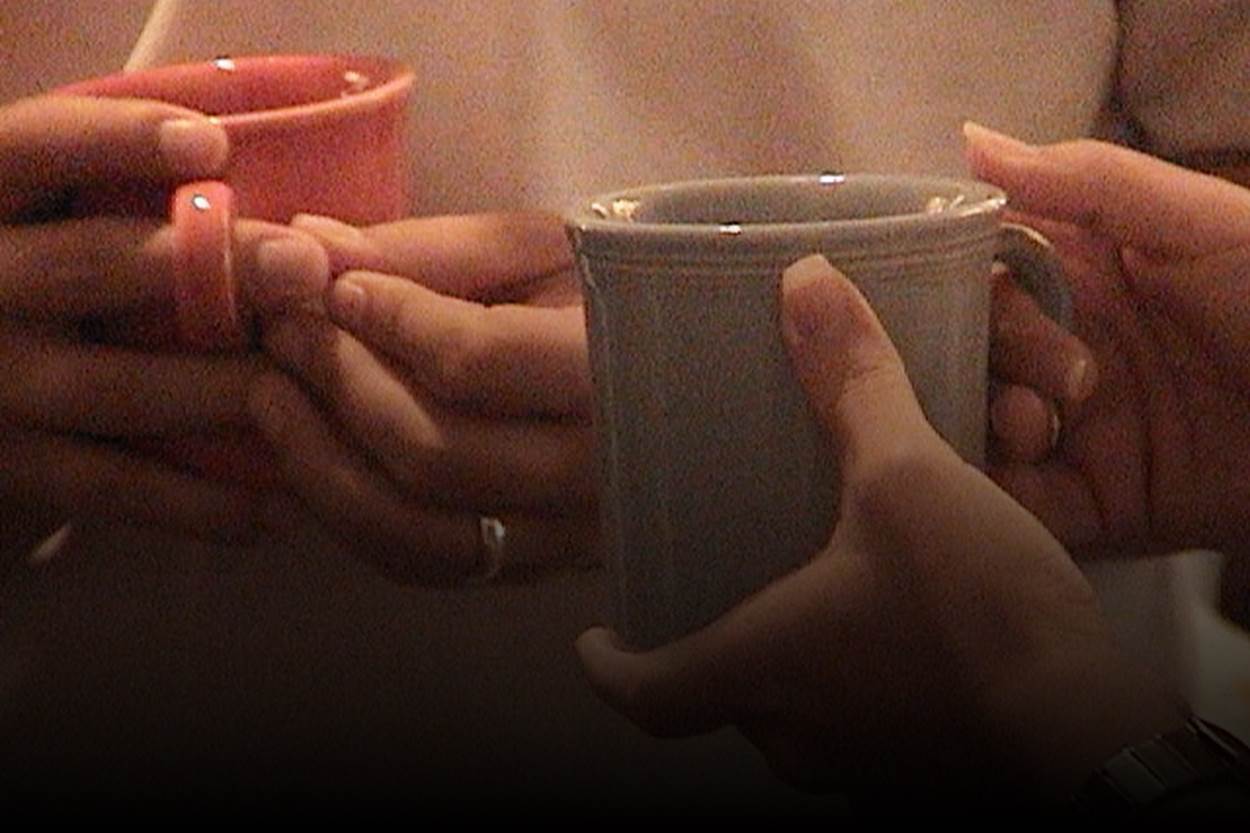


Pingback: Real Clear Apologetics | Reaching Those Who Are Disinterested
Pingback: Real Clear Apologetics | Ten Reasons “Tent Makers” Make Great Christian “Case Makers”
Pingback: Ten Reasons “Tent Makers” Make Great Christian “Case Makers” - Cross Examined - Christian Apologetics | Frank Turek
Pingback: Why Christian Case Makers Need to Learn a New Language
Pingback: How Do I Share What I Believe? Ten Common Christian Expressions Requiring Translation - Cross Examined - Christian Apologetic Ministry | Frank Turek | Christian Apologetics | Christian Apologetics Speakers
Pingback: How Do I Share What I Believe? Ten Common Christian Expressions Requiring Translation | Cold Case Christianity
Pingback: How Do I Share What I Believe? Ten Common Christian Expressions Requiring Translation | Apologetics ForumApologetics Forum
Pingback: How Do I Share What I Believe? Ten Common Christian Expressions Requiring Translation | apologetics workshop
Pingback: Are you speaking Christianese to non-Christians? Here are ten translations to use instead | Wintery Knight
Pingback: How Do I Share What I Believe? Ten Common Christian Expressions Requiring Translation | A disciple's study